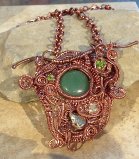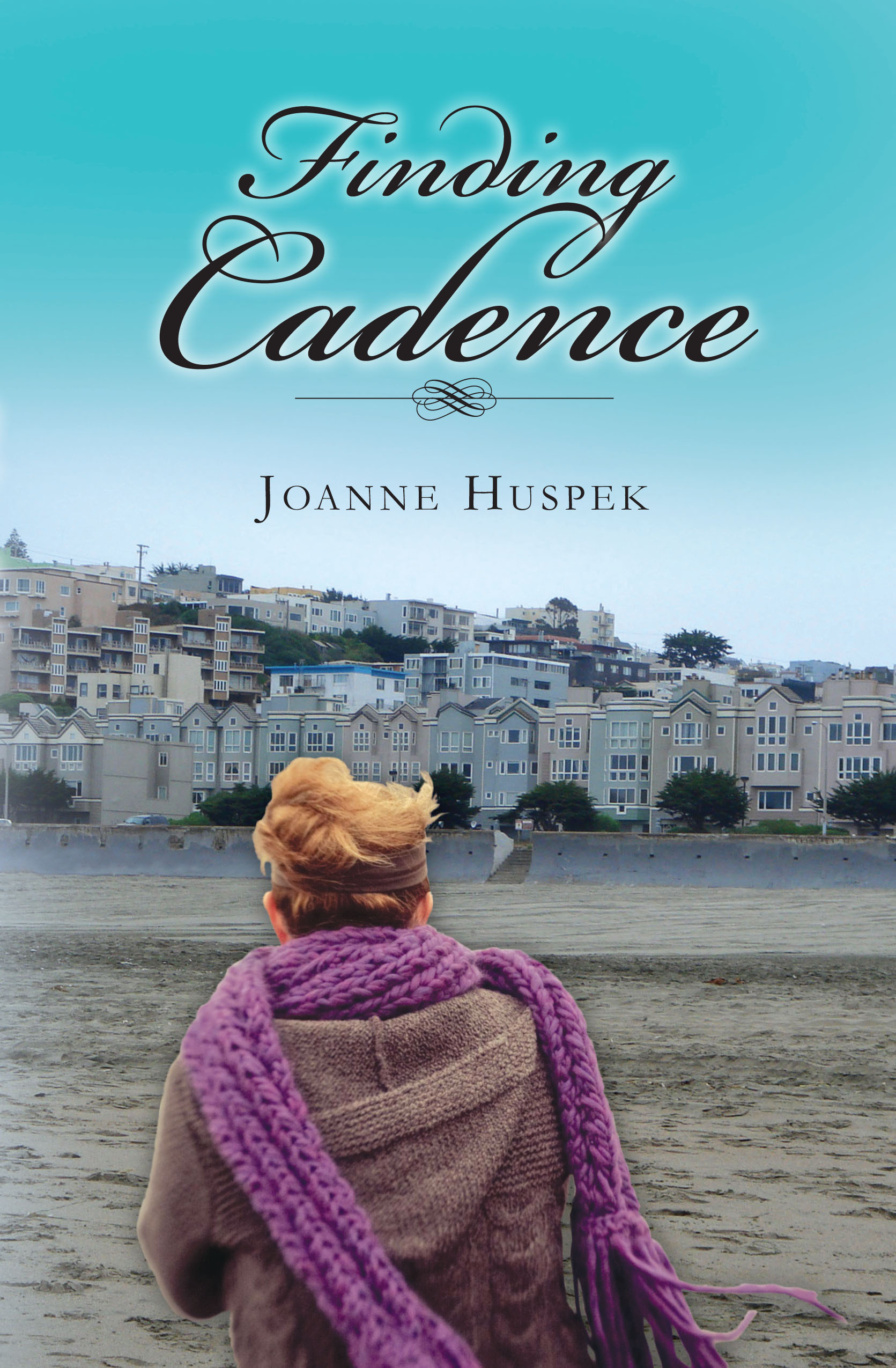Can you believe we’re already into the second week of October? With the current edit, I’ve been neglecting this blog (The original deadline for edit completion was the end of February. Then the end of July. Then the end of September. You know how that goes…) Because I’m armpit deep into rewrites, I haven’t given much thought to NaNoWriMo this year, even though I plan on participating.
Some of my best work comes out of NaNo. No, really. There’s something about a forced program that really makes one productive. It could be the whips and chains on the wall. And Dr. Wicked running on my laptop helps, too.
NaNoWriMo forced me to complete both Virtually Yours (a love story in thirty days) and Virtually Yours Forever (a wedding in thirty days). Both books were relatively easy for the NaNo challenge. I had characters that I knew intimately (much, much easier for the second book). I had story lines for each character, and an end result in mind.
I’m a pantser, and I detest writing outlines with a passion reserved for my other dislike (squirrels), but it helps to have a plan. While waiting for October to whiz by quickly, why not take a few minutes of time to sketch out your NaNoWriMo strategy. These seem to work for me:
1. Devise your story. This means you must have a beginning, a middle, and an end. It doesn’t have to make sense, so don’t worry about that. Just remember this mantra: a person you like wants something very badly and is having a terrible time obtaining the goal.
2. Figure out your basic characters. You don’t need an entire cast, but start out with one or two people. Antagonist? Protagonist? You can fold in other secondary characters later. You’ll want to write down names, ages, what they look like, and a few basic personality traits. BASIC, remember? Save the rest for the real rewrite on December 1.
3. Choose a setting and become familiar with it. My settings tend to be places I’ve been or lived in. Virtually Yours started out as an online venture. If you are writing fantasy, you’ll have a harder job. I personally don’t get how some writers devise elaborate other worlds (I still think the Three Acre Wood was out of the ordinary) but hey, go with your talent.
4. If you have time, work on a schedule. You’ll have to somehow spew forth at least 1,667 words per day during the month of November, and unless you’re a magician or are retired with all the time in the world, finding time is going to be an issue. (It is for me.) Just remember: It can be done!
Once NaNoWriMo begins, just write. Don’t worry about back story, don’t concern yourself with spelling, edits, don’t even think about grammar. Just start writing, and don’t stop. You might want to carry a notebook like I do. Sometimes you can’t get to a computer, but inspiration will hit you where you can write things down for later.
Look to other participants for help, with strategies or just to commiserate. There’s no such thing as having too many writerly friends, and most writers make great cheerleaders.
If you would like to follow me on my NaNo journey, you can find me here.








